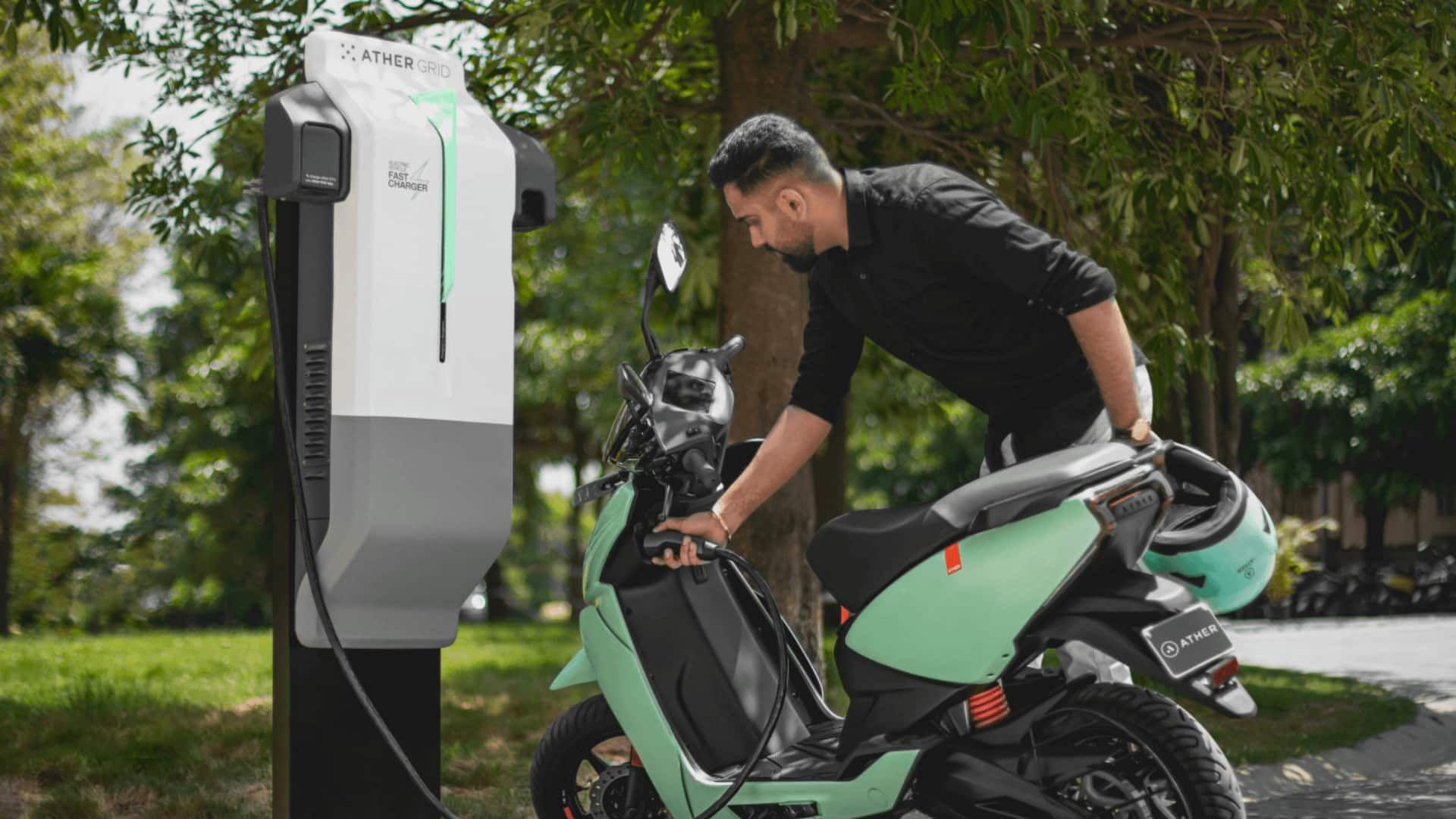
EMPS 2024: India's new Rs. 500cr EV scheme starts today
What's the story
Indian government's new initiative, the Electric Mobility Promotion Scheme 2024 (EMPS 2024), aimed at promoting electric mobility across the nation, comes into force starting today. The scheme, which is a brainchild of the Ministry of Heavy Industries, will run until July 31, 2024. This comes following the completion of the second phase of the Faster Adoption and Manufacturing of Electric Vehicles in India (FAME-II) program on March 31, 2024.
Scheme details
EMPS 2024: A continuation of FAME-II's legacy
The newly introduced EMPS 2024 is designed to further expedite the adoption of electric vehicles (EVs) in India, following in the footsteps of the previous FAME scheme. Under FAME, subsidies were provided for e-vehicles sold until March 31 or until the allocated funds were exhausted. The EMPS 2024 aims to continue this momentum by offering financial assistance for EV purchases, with a particular focus on two-wheelers and three-wheelers.
Incentives breakdown
Financial incentives for two-wheelers and three-wheelers
EMPS 2024 offers financial assistance of up to Rs. 10,000 per two-wheeler, with an ambitious target to support around 3.33 lakh two-wheelers. The scheme also extends its benefits to three-wheelers. Buyers of small three-wheelers like e-rickshaws and e-carts can avail support up to Rs. 25,000, while larger three-wheelers are eligible for financial aid of up to Rs. 50,000. The plan aims to incentivize over 41,000 such vehicles.
Scheme objectives
EMPS 2024: A step toward green mobility and employment
With a total budget allocation of Rs. 500 crore for four months, EMPS 2024 is a fund-limited scheme. Its primary objective is to encourage quicker adoption of electric two-wheeler (e-2W) and three-wheeler (e-3W) vehicles, fostering green mobility. The scheme aims to support a total of 3,72,215 EVs. Additionally, it seeks to bolster the EV manufacturing ecosystem in India with a vision to generate substantial employment opportunities throughout the value chain.